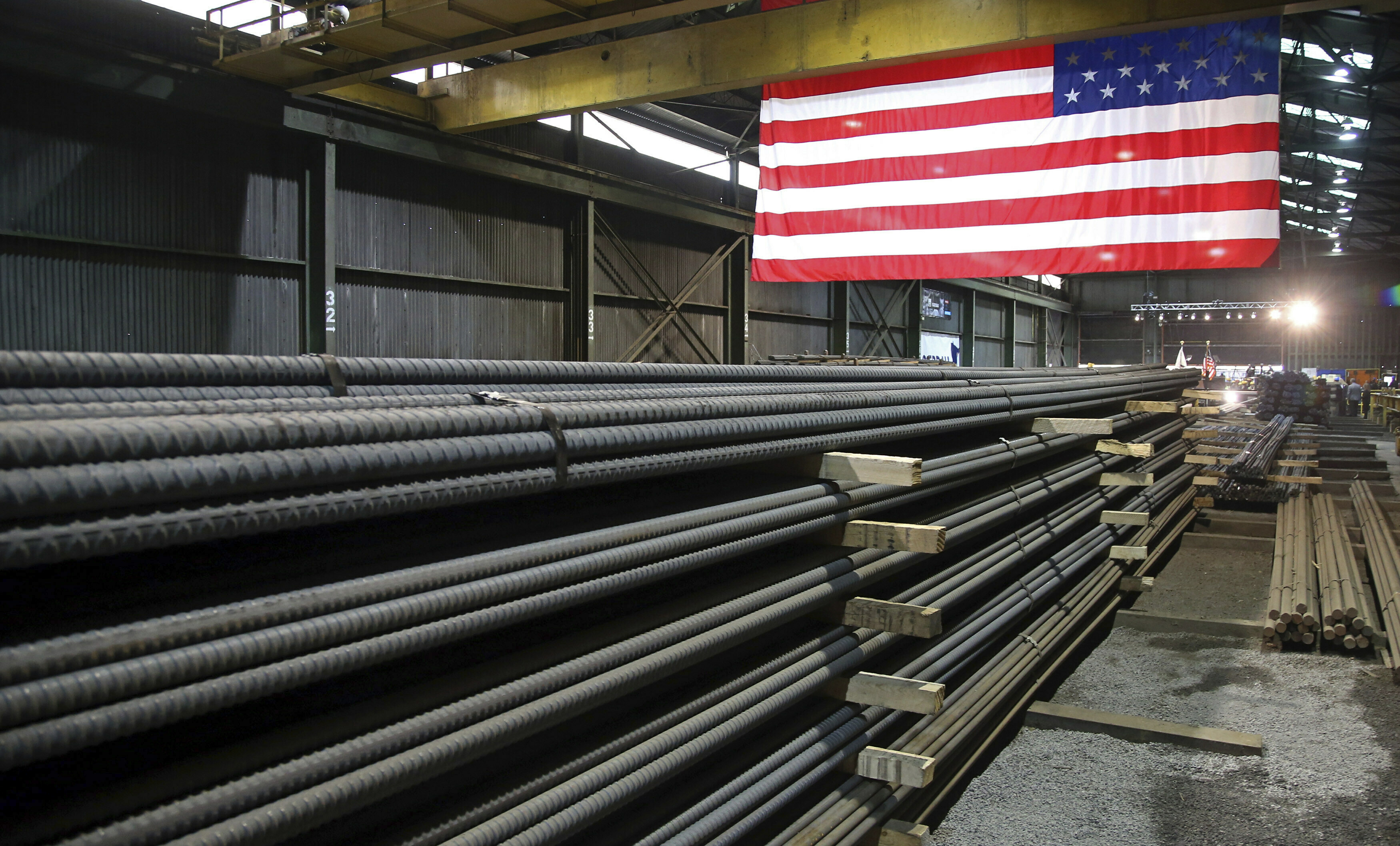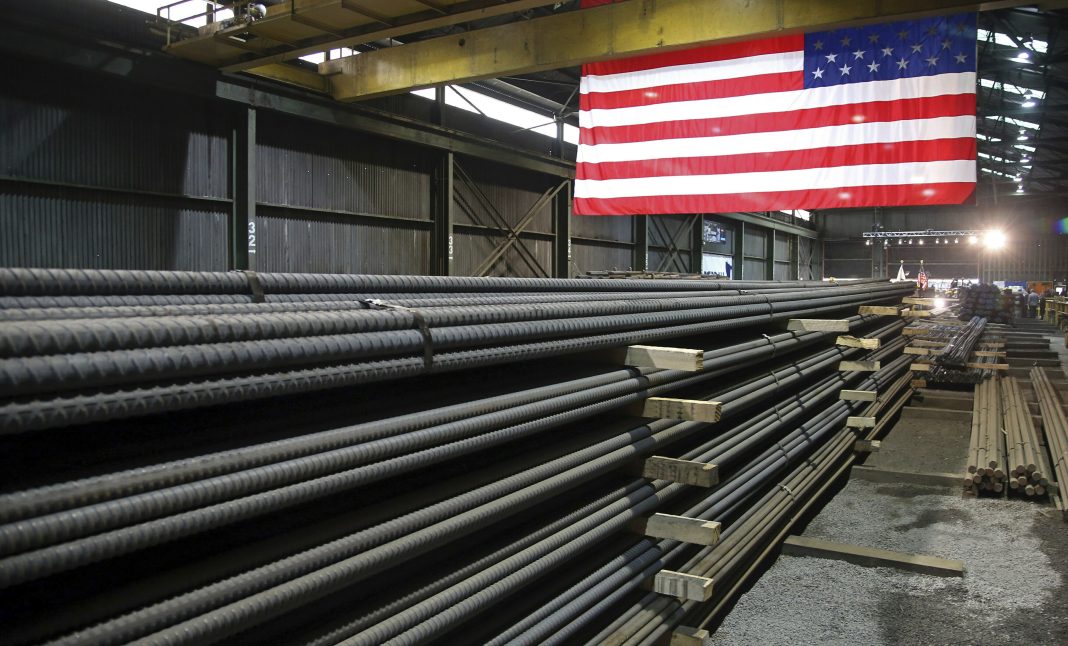
Tariff Hikes on Chinese Imports, Including Electric Vehicles, to Take Effect on September 27
The Biden administration has confirmed that sharp tariff increases on imports from China will go into effect on September 27. These measures, announced by the Office of the U.S. Trade Representative (USTR), target Beijing’s “harmful policies and practices” and aim to protect American workers and businesses from unfair trade practices. The tariffs will impact a range of products, including electric vehicles (EVs), needles and syringes, semiconductors, solar cells, facemasks, surgical gloves, batteries, critical minerals, and steel and aluminum products.
Of particular note is the quadrupling of the tariff on EVs imported from China, which will increase from 25 percent to 100 percent. This move is intended to address China’s dominance in the global car market, where Chinese EVs have been rapidly gaining market share due to their significant cost advantage. The Biden administration aims to ensure that the U.S. EV industry diversifies away from China’s supply chain and becomes more competitive.
Lael Brainard, a top White House economic adviser, explains that these “tough, targeted” tariffs are necessary to counteract China’s state-driven subsidies and technology transfer policies, which have resulted in overinvestment and excess production capacity. While the U.S. is investing heavily in its own tax subsidies to develop domestic EV, solar, and semiconductor sectors, the administration is taking action to level the playing field and protect American industries.
The decision to impose these tariffs follows a four-year review of the Trump-era tariffs on Chinese goods conducted by the USTR. The review recommended maintaining the existing tariffs and adding more to address ongoing trade imbalances. The Biden administration is committed to taking a strong stance against unfair trade practices and ensuring that American workers and businesses are not disadvantaged.
In addition to the tariffs on EVs, other products will also be subject to increased tariffs. Semiconductors, natural graphite, permanent magnets, and non-EV batteries will face a 25 percent tariff starting January 1, 2026. Facemasks will see a tariff increase to 25 percent this month and 50 percent in 2026, while gloves will have tariffs of 50 percent in 2025 and 100 percent in 2026. Syringes and needles will be hit with a 100 percent tariff this month, with the exception of enteral syringes, which will be excluded for one year.
To support domestic manufacturing, the USTR has expanded the Machinery Exclusion Process to include additional types of machines needed for manufacturing within the United States. This move aims to strengthen the country’s manufacturing capabilities and reduce reliance on imports.
It is important to note that these tariffs are not without controversy. While they are intended to protect American industries and workers, some argue that they may lead to higher prices for consumers. Critics also highlight the potential for retaliatory measures from China, which could further escalate trade tensions between the two countries.
In conclusion, the Biden administration’s decision to impose tariff hikes on Chinese imports, particularly on EVs, aims to address China’s unfair trade practices and protect American industries. These measures are part of a broader effort to promote domestic manufacturing and ensure a level playing field for American businesses. While the impact of these tariffs remains to be seen, they represent a significant step towards reshaping trade relations between the United States and China.


